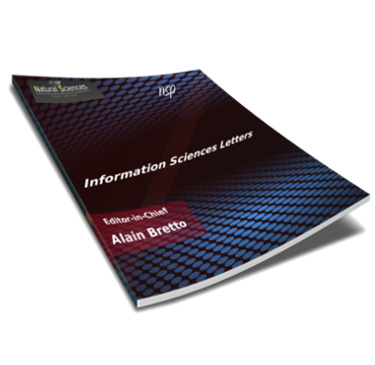
Information Sciences Letters
Abstract
Since the fuel cost of electric power generation from thermal plants is very high, several researchers have devoted their efforts to offer new strategies to minimize such cost. But reducing the fuel cost will increase the emission of gaseous pollutants such as CO2, CO, NOx and SO2. Therefore, the dynamic economic emission dispatch problem (DEED) is formulated with the objective of simultaneously minimizing the fuel cost and emission so as to meet the predicted demand over a certain period under ramp rate limits and other operational and system constraints. Spinning reserve plays a crucial role in maintaining the power system reliability and security against sudden load changes and generation outages. To consider the spinning reserve into the DEED, we formulate dynamic economic emission and spinning reserve dispatch (DEESRD) problem which integrates the spinning reserve into the DEED problem. DEESRD determines the optimal power and spinning reserve schedule by simultaneously minimizing the power and spinning reserve costs, and the amount of emission under some constraints. The optimal solutions of the DEESRD problem are open loop. The open-loop nature cannot deals with inaccuracies, modeling uncertainties and unexpected external disturbances where the power system components suffer from. To overcome this problem we designed closed-loop solutions using a suitable version of MPC approach. The performance of the MPC has been investigated by applying the MPC strategy to the DEESRD problem with test system consisting of five generating units and five customers.
Recommended Citation
M. Shehata, A.
(2019)
"Model Predictive Control for Energy Optimization Problems,"
Information Sciences Letters: Vol. 8
:
Iss.
1
, PP -.
Available at:
https://digitalcommons.aaru.edu.jo/isl/vol8/iss1/1

